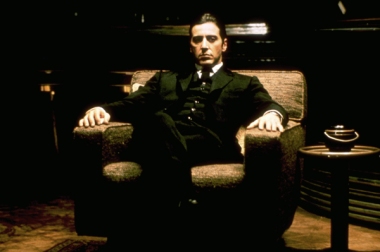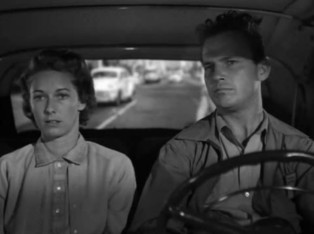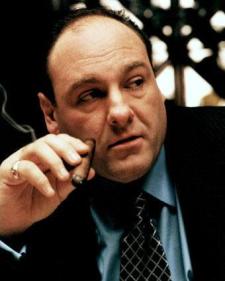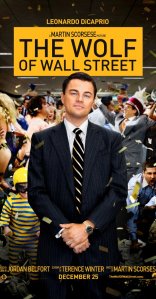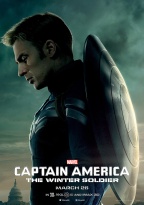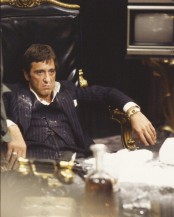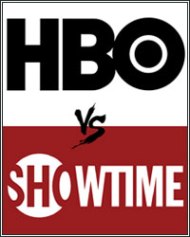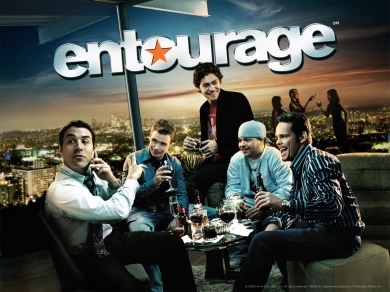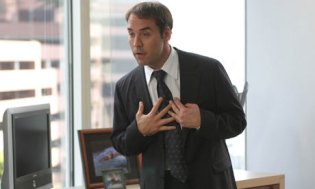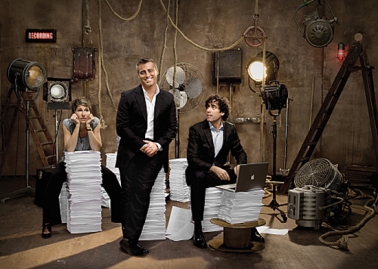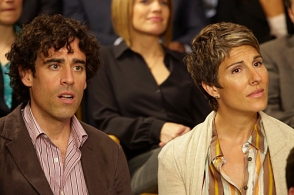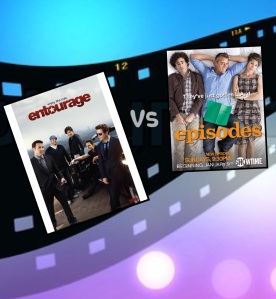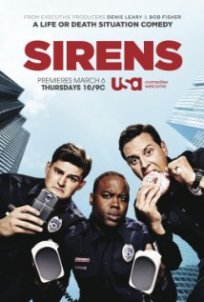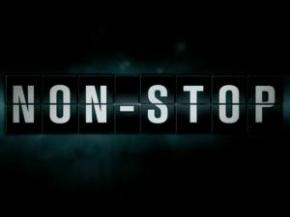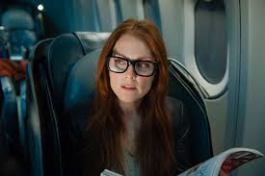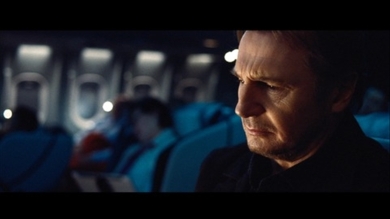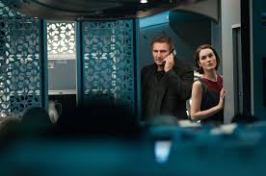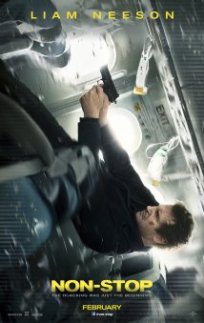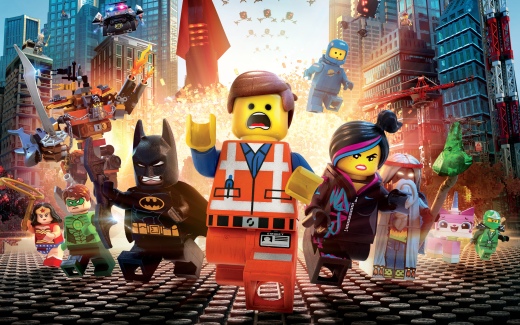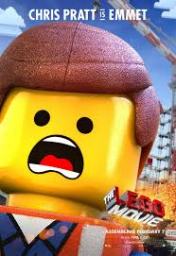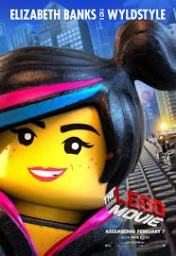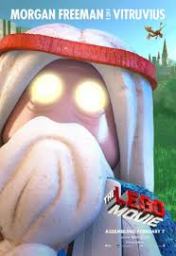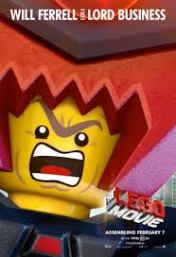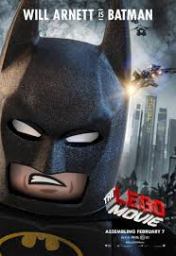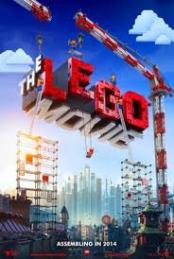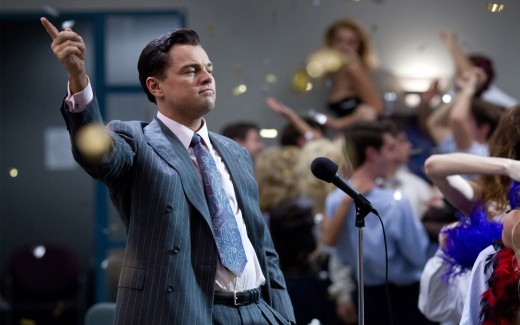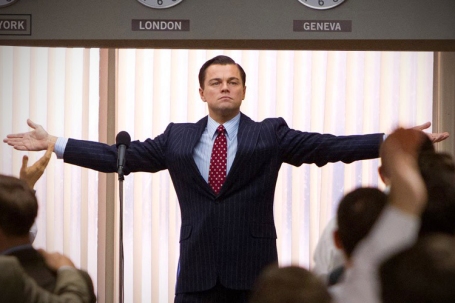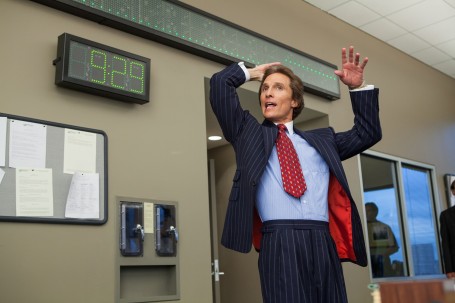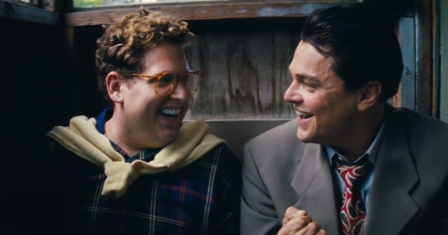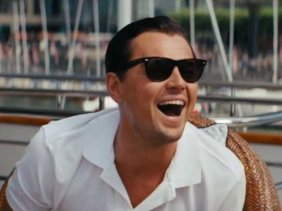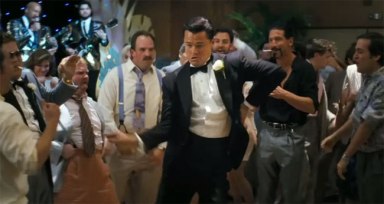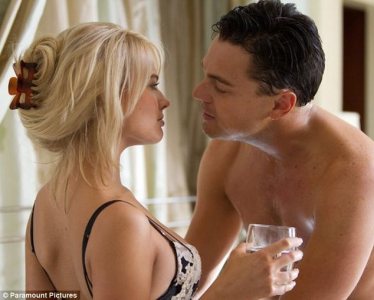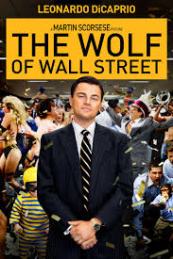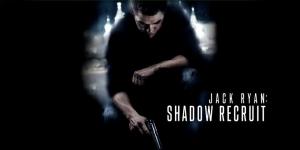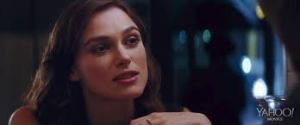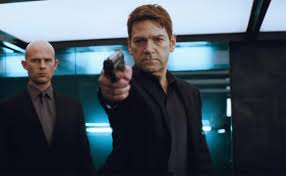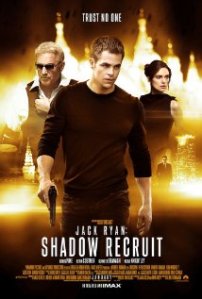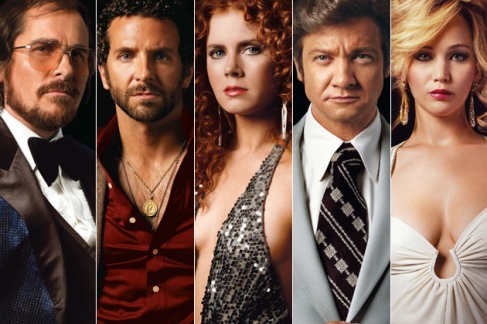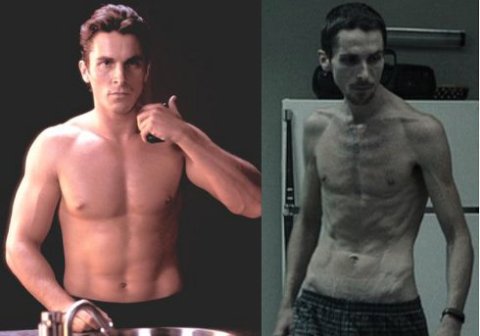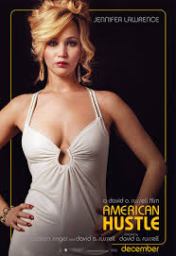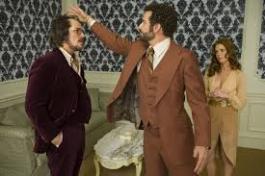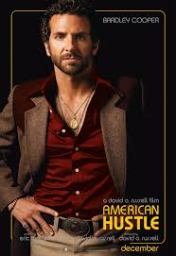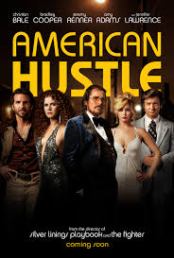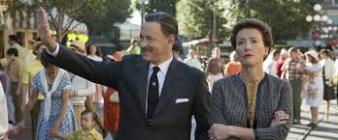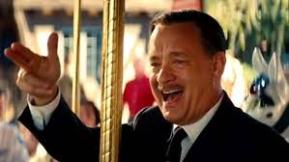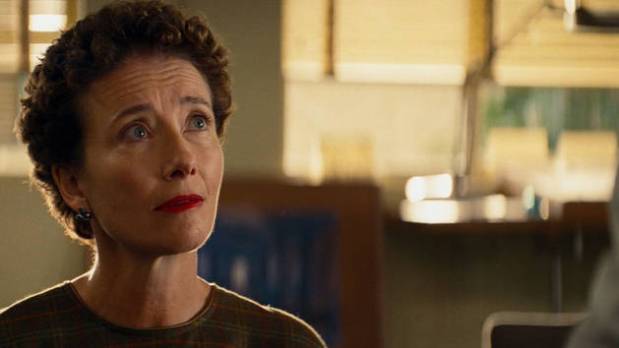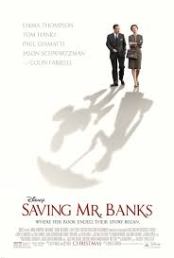Actually, the real title is: “Is Violence in Movies Okay as Long as it Involves Good Guys like Soldiers, Superheroes, cops, etc.?”
You can see why I decided to keep cut it down to a couple of words. When I was a kid, I lived on Saving Private Ryan, Band of Brothers, and Black Hawk Down. The only other movies I watched beside those involved dinosaurs. (Land Before Time and Jurassic Park marathon, anyone?) However, I wasn’t allowed to watch movies with gangsters until I was much older. When I was allowed to watch those types of movies, I was accompanied by my parents, and that too had a price to pay: a long lecture on why I shouldn’t be a criminal entitled, “Crime Doesn’t Pay.”
Why? Any ideas of mine to become a gangster or a con man were squashed whenever I watched movies like the Godfather, Goodfellas, or shows like the Sopranos or Breaking Bad. They are the single greatest testaments of why you shouldn’t become a criminal. Michael’s descent into the darkness after he is forced to take over the family business is reason enough for anyone to go “straight”. You can see it in his anguished reaction when his pregnant wife is killed. You can see it in the haunted stare he gives his wife in the closing scene.
It sends a clear message. “You may have a mansion, but are you really ready to deal with losing everything you hold dear?” I have watched the Godfather over a dozen times, and I still ask myself that same question after each viewing. This question is also asked in Tv shows. In the past decade, we’ve experienced a growth in ‘prestige television’. The Birth of the Antihero technically began over fifty years ago with Alfred Hitchcock Presents, wherein he regularly made ‘good people’ do bad things. There was an episode called ‘Revenge’ where a woman is raped (implied, of course. This was the 50’s. Everything was implied), and when she and her husband are driving, she spots the rapist walking down the street. Her husband pulls over, and they kill him. They get back in the car, and drive away. A few minutes later, she points again, and says she’s spotted her rapist.
In that single episode of an anthology suspense series in the 50’s, it approached the subject of rape, psychological trauma, vigilantism, and of course, revenge. So, as you can see, we’ve had morally ambiguous characters for a very long time. I remember watching the Sopranos for the first time. My Dad was worried that I might resort to a life of crime because of it, but I simply kept asking myself the same question I asked during Godfather.
The thing that makes the Sopranos so addicting and visceral to watch is the fact that I would never do anything like it, and the realization that Tony Soprano never thought he was capable of doing it either. He’s unhappy with his family, his work, and more importantly, himself. There is a scene where Christopher (his nephew) talks about his trauma after killing someone, and Tony oh-so-subtly asks him if he ever feels depressed. His sideway glance at him says: “Did I do this?”
Why is it okay for thousands to die in superhero movies (the best example right now is Man of Steel. I assumed by all the screaming and falling buildings that a couple thousand died there), but it’s deemed immoral for a gangster to kill a few people in a movie? Why are children allowed to watch Captain America kill hundreds with barely any effort (as long as there’s parental guidance), but watching Al Pacino shoot the man who tried to kill his Dad and a corrupt cop not allowed? Of course, there’s also a matter of sexual content in some of these movies, and also the amount of swearing. For years, Goodfellas had the most curses in film history. I think Django Unchained got the crown in 2012, but Scorsese stole it back with Wolf of Wall Street.
I hope someday there will be a PG-13 movie centered around a gangster. I’m not saying it’ll be any good, but the idea behind it will be more than enough. In Captain America: The Winter Soldier (my favorite superhero movie, by the way), no one talks about how Steve Rogers is a cold-blooded killer. It’s mentioned here and there, but our thoughts don’t dwell on the number of men he casually kills. Why? Because they’re bad, and he’s a superhero.
I’m not asking Marvel to pull a DC, and force Chris Hemsworth to talk like someone kicked him in the throat over a dozen times. (In the eternal Marvel vs. DC debate, I’m with Marvel all the way.) I just think it would be interesting if people took a look at what they’re already allowed to get away with in PG-13 movies, and took it to a different level. There was talk about a Deadpool movie, and how it would be impossible to do a PG-13 version. I think they’re right, but if it’s acceptable to show a dinosaur munching on some random guy, why isn’t it acceptable to show a morally ambiguous character doing morally ambiguous things? (“How ambiguous!” the posters say.)
In the first Hunger Games movie, they used shaky cam a lot to avoid getting slammed with an R-16 rating because of images portraying children killing other children. Ya know, usual PG-13 stuff. Why can’t we do that? I hate shaky cam, but it’s obviously possible to show that kind of stuff, so why hasn’t anyone tried it? As an experiment, it doesn’t have to be big budget.
Here’s where the big divide between mainstream films and indie films come in. There seems to be this unspoken rule in indie films that they need to have mature content. It’s as if the director and writer wants to make sure the viewer knows they’re watching an indie movie. “Okay, let’s show them changing clothes here, and talking about killing their estranged father. They’ll never mistake us for the new Avengers movie now!”
Indie movies are supposed to be showing you something new and different from mainstream movies, but more and more mainstream movies are adopting an “indie” feel. The Wolf of Wall Street is a mainstream film based on its HUGE budget alone. But, its mature subject matter, morally ambiguous main character, and… well, everything in it shouldn’t be allowed. At this point, if indie movies truly want to be different, they should try a PG-13 movie with a hitman as a main character. It could be a failure, but indie movies are already risking a flop every time. It’s strange how they’ve fallen into their own little pattern, or their own safety net. I sometimes feel like you could take ten indie films, switch the actors and titles, and it’d still be the same.
I grew up watching Saving Private Ryan. I wasn’t mature enough to understand a lot of the things in it, but the images have remained with me after ten years. I despise the idea of war because of it. I understand its necessity in certain situations, but as much as possible, I would avoid war like the plague. Because it is a plague.
I think it’s time for people to understand that kids aren’t as impressionable as people think they are. I haven’t heard of a thousand kids jumping off skyscrapers to imitate Thor or Superman, so I think they’re smart enough not to copy Tony Montana in Scarface.
~Jian
